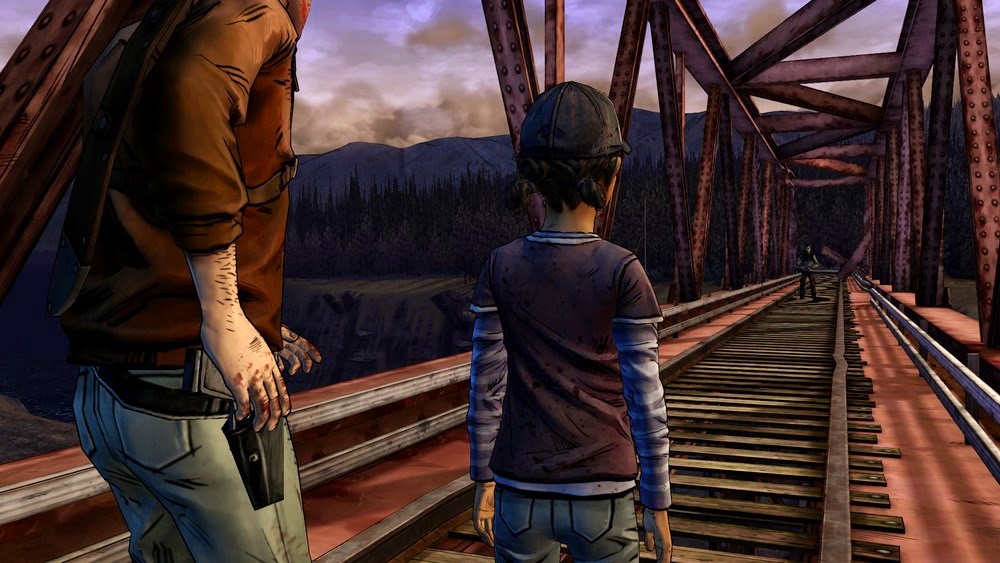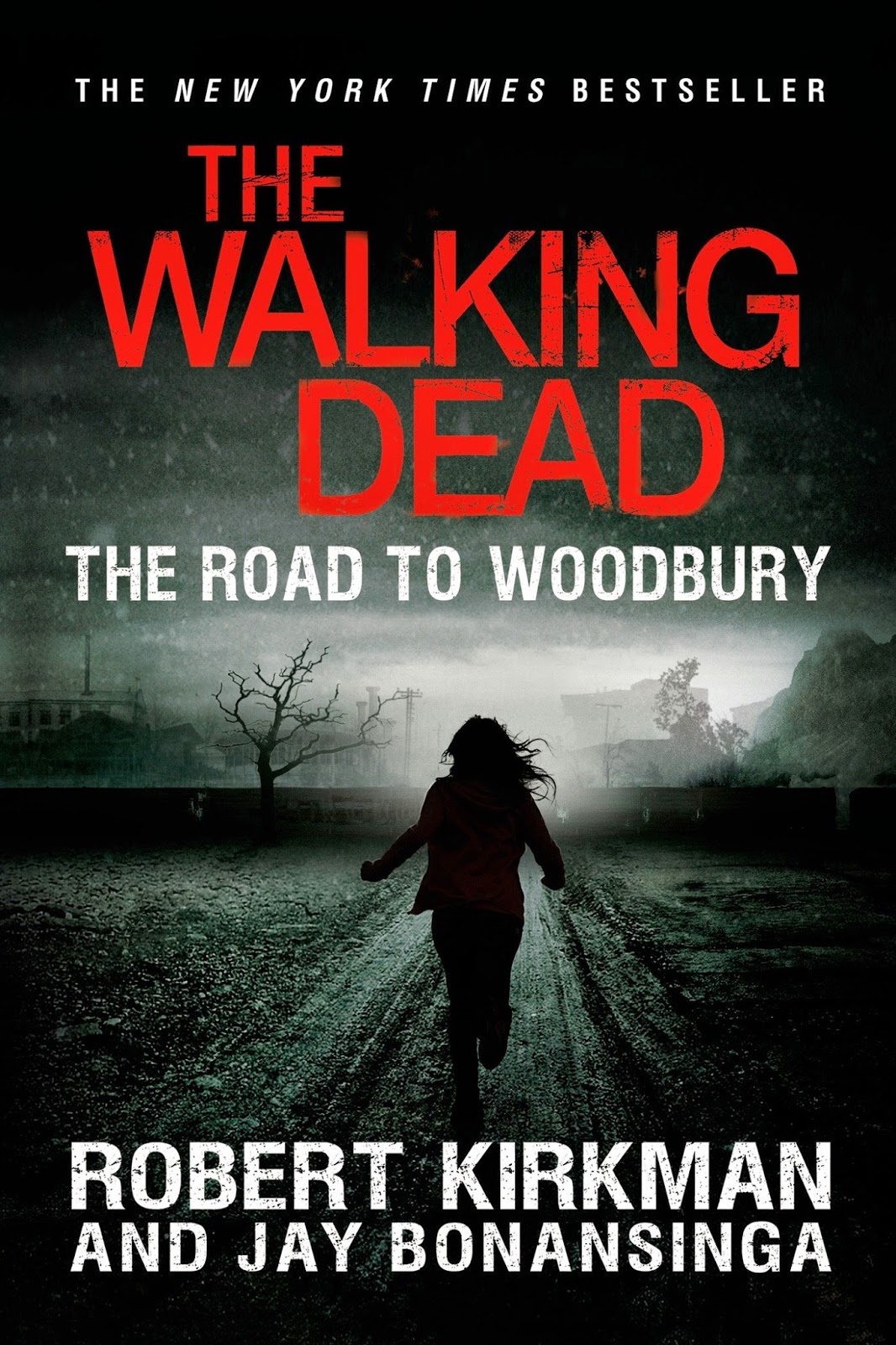The Governor is, assuredly, the most enduring villain created by Robert Kirkman for the Walking Dead franchise. He's a character who emerges fully-formed from the zombie apocalypse and proceeds to destroy everything good our heroes have tried to build in the horrors of the new world. I've seen him compared favorably to Stephen King's Randal Flagg.
The one in the TV show is almost a completely different character but represents the same fundamental animus: the warlord who would rather destroy what competes with his kingdom than cooperate with someone other than himself.
How does one write a book about such a character?
Well, not like this.
Giving a backstory for an archetype of evil is always tricky business. A lot of readers expect evil to be grand, operatic, and glorious. Like John Milton's Satan, they expect the Devil to have a beauty even as he falls from Heaven. Others, perhaps understanding we shouldn't glorify the monster, recognize the wicked are more often failed painters and petty bureaucrats. The Governor of the Walking Dead comic books was a sick and twisted man, so what is his backstory?
Well, the answer would spoil the book but I can't say it was terribly satisfying. The book sets up a semi-grand and operatic fall from grace with the (already spoiled by the comic) loss of the Governor's daughter and then undermines it by showing us the absolutely petty mindset which misappropriates those feelings. It creates an uneven character who is as much show and flash as substance.
Who is the Governor?
The Governor is a man who is covering for his inadequacies by projecting an attitude of complete badassery. A warrior created from a petty man's desire to reinvent himself as a hero, even as his role-model is a pathetic shell of a man already given to insanity. Like modeling yourself on a heroic cowboy you found out murdered Native Americans for fun and adopting that part of his legend because it came with the package. If I was feeling generous, I'd say it was saying something clever about the nature of evil. That it is imitative and pathetic, not grandiose.
I'm not feeling generous.
The premise of this novel is Phillip Blake and his brother Brian are traveling with the former's daughter Penny through the ruins of Atlanta. Phillip is the stronger of the two brothers, a warrior and leader, while Brian is a gentle tag-along who is also kind of a screw up. Phillip wants to be the kind of hero and leader they need but he's covering up for his own inadequacies. When they reach another group of survivors, these tensions eventually snap in a horrific way that changes everything.
The book is relatively light on action as well as scares. With the exception of the Blake Brothers and the doomed-by-canon Penny, the majority of characters don't make too much of an impression. The most likable characters disappear halfway through the novel and I was annoyed we never got to see them again. Without a strong supporting central cast, the horror of the zombie apocalypse is never quite realized as well as it should be. Say what you will about the comics but you almost always care when the heroes get one of their own eaten. The takeover of Woodbury is almost an afterthought when I thought it could justify its own book.
Readers should be warned this book contains a rape scene about halfway through the book. I normally would be extremely harsh on this, especially given how I'm treating the rest of the book, but this actually played a major role in the narrative. It is handled not for exploitation value but to show the degeneration of a character's mindset as well as the point he degenerates from a hero into a monster. The fact the focus is on the emotional element of the event rather than the physical helps go a long way to redeeming it narratively. Still, I'm going to say a lot of readers may be uncomfortable with it and avoid the book as a result.
Justifiably so.
In conclusion, The Walking Dead: Rise of the Governor isn't a great book. It's not a terrible book and has some excellent scenes in it, but I felt like it didn't really give us all that much insight into the mindset of the Governor. He's a guy, who some bad stuff happened to, who went crazy. I could have guessed that from his comic book appearance and the "twist" didn't really add all that much. The rest of the book is an above-average zombie story.
Sorry guys.
6/10




































